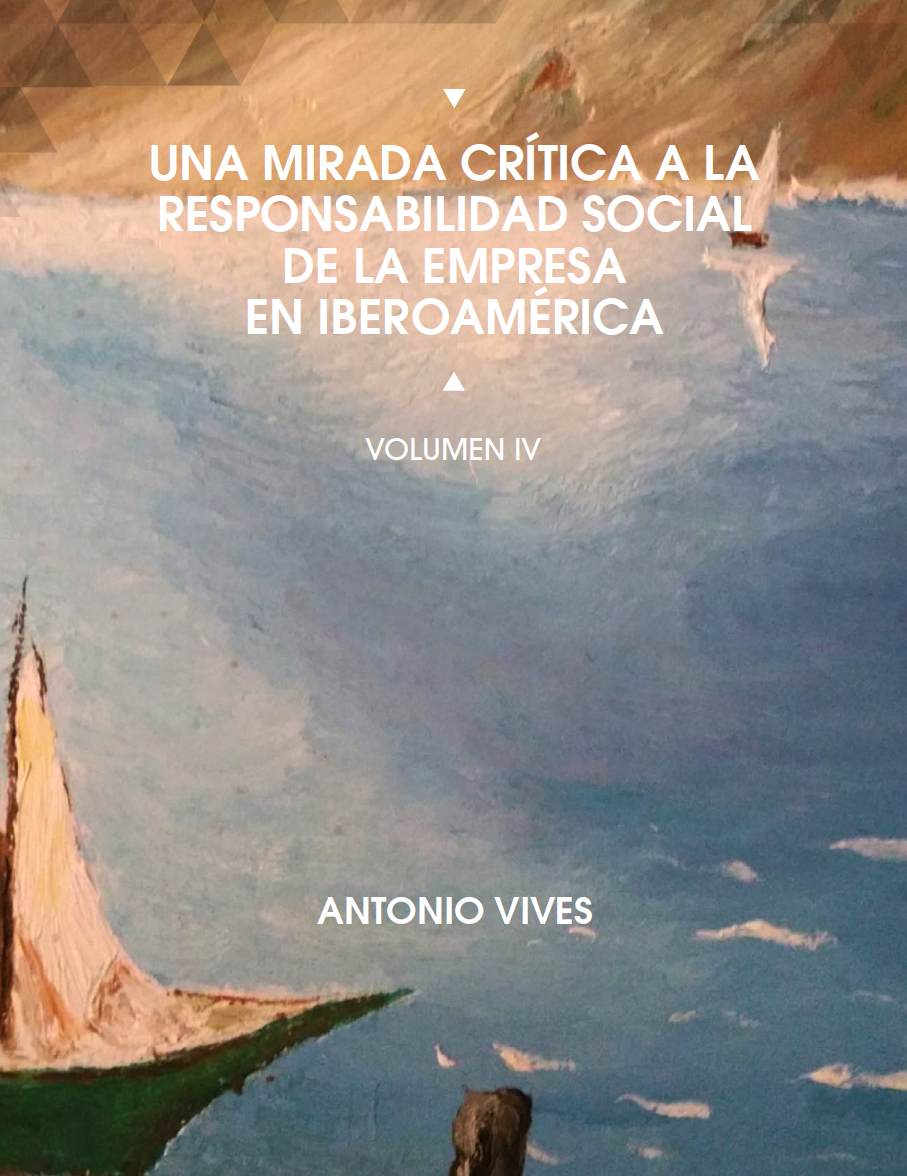Sustainability indices in
emerging markets: impact on responsible practices and financial market
development
Antonio Vives
Department of Civil and Environmental Engineering,
Stanford University, Stanford, CA 94305, USA;
Baljit Wadhwa
Global Environmental Facility, World Bank, Washington,
DC 20433, USA
(Received 16 July 2012; final version received 22 July
2012)
ABSTRACT
Sustainability indices are generally created to serve as benchmark for sustainable investment.
Sustainability indices are generally created to serve as benchmark for sustainable investment.
In all markets, but particularly in emerging markets,
these indices can also contribute to
stimulate responsible practices in companies that want
to be part of the index and those that
are already members. Furthermore, they can contribute
to the deepening of the capital
markets, not only by serving as a benchmark, but also
by developing interest in responsible
investment on the part of foreign and domestic
institutional investors. To play these roles,
the admission, selection and removal process of
companies into sustainability indices must
have particular characteristics. For example, there
should be a relatively large stock of
eligible companies. Furthermore, the investment
environment in the capital markets must
also be relatively developed for investors to
appreciate the long-term value of responsible
companies and analysts must have the right incentives
to promote responsible investments.
Under certain conditions, the indices can also help to
attract foreign capital, seeking
international diversification, to the local capital
markets. Even though there are more than
50 general and specialized sustainability indices,
there are only seven associated with stock
exchanges in developing countries: South Africa,
Brazil, Egypt, Indonesia, China, India,
Turkey and Mexico. This study analyses the conditions
that make for effective sustainability
indices in promoting capital market development and
responsible practices and the impacts
that corporations and investors can expect. This study
includes, as an example, evidence
from an evaluation of the impact of the
BM&FBovespa Sustainability Index in Brazil.
We also include recommendations for the design of
sustainability indices in emerging markets.
Keywords: sustainability indices;
socially responsible investment; corporate social
responsibility; sustainability; financial markets;
stock exchanges; emerging markets; Brazil











No hay comentarios:
Publicar un comentario